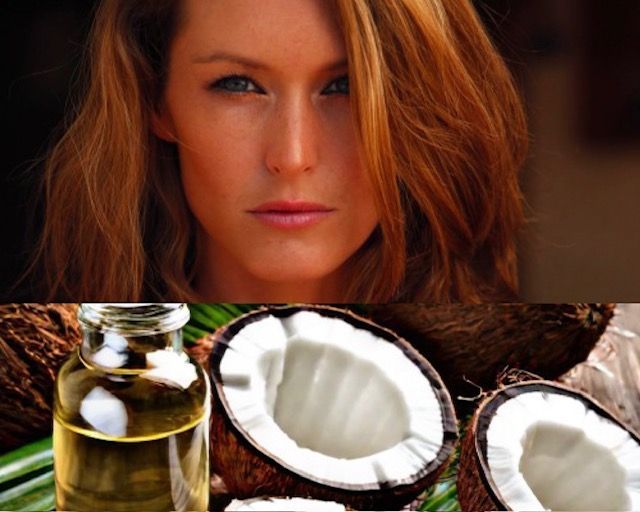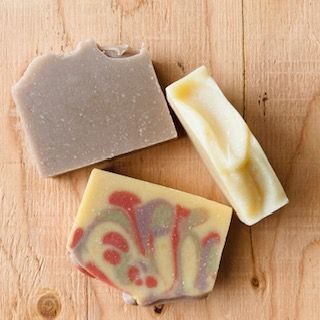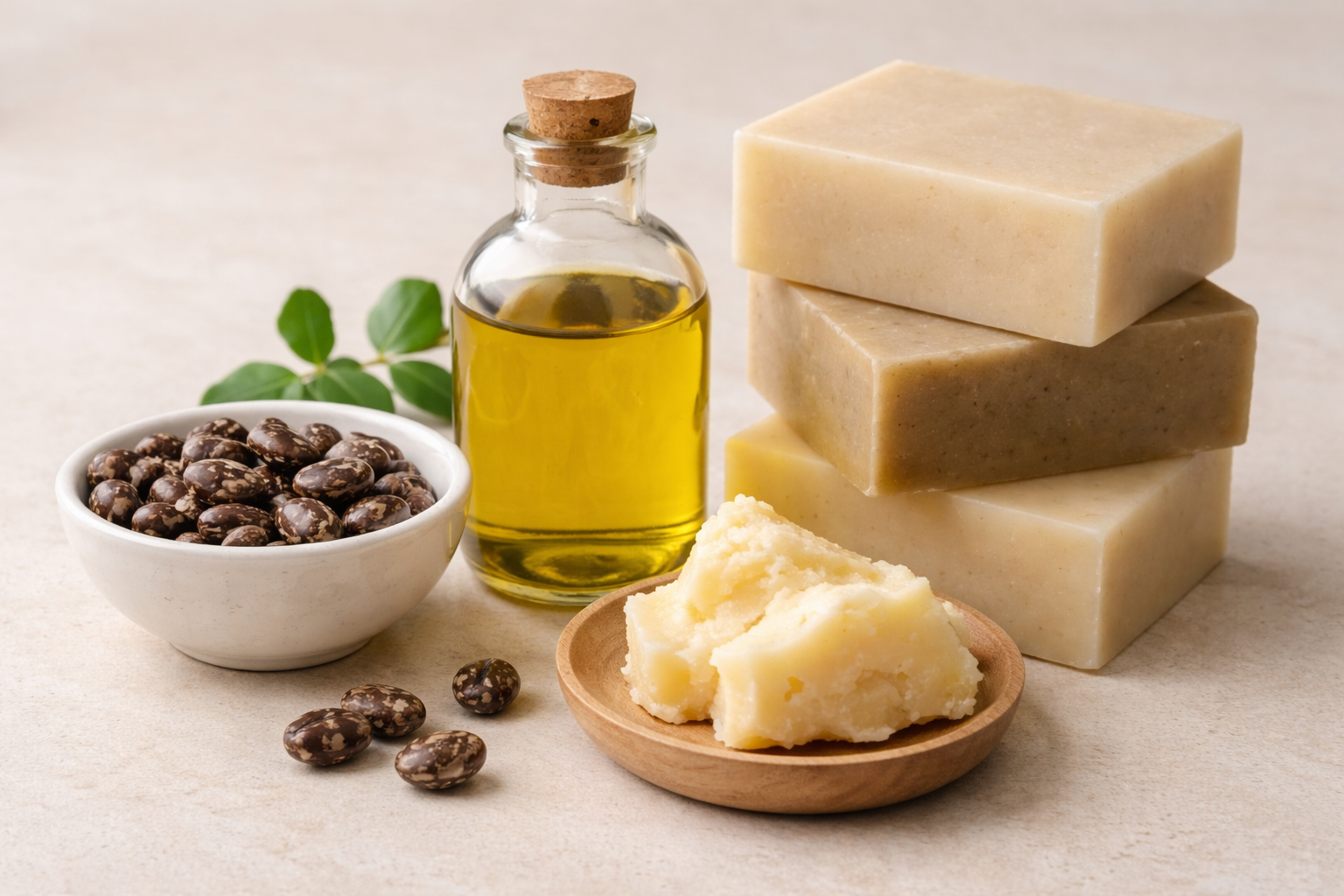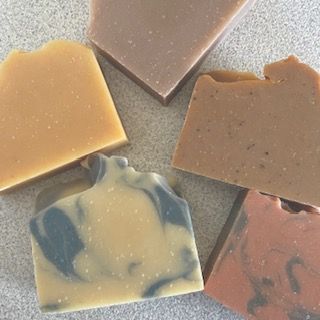The Skin-Loving Benefits of Coconut Oil (And How to Use It the Right Way)
Oils aren’t just for salads — here’s how coconut oil helps dry, winter-prone skin feel soft, calm, and comfortable.

Why coconut oil belongs in your winter routine
Skincare gets a lot of airtime on social media — routines, peels, serums — but for many of us, concerns like dry hands, irritated patches, and sensitive, aging skin go deeper than trends. The search for something that actually works (without the chemical salad) can feel endless. Good news: some of the most effective solutions come straight from nature.
Enter coconut oil. With naturally moisturizing, anti-inflammatory, and soothing properties, coconut oil can be a difference-maker when used properly — especially in winter.
Coconut oil 101: refined vs. unrefined
Coconut oil is pressed from the white “meat” of the coconut (fresh or dried/copra). You’ll see two main types:
- Unrefined (virgin): Cold-pressed with minimal processing. It retains more of its natural aroma and beneficial compounds — a favorite for skincare.
- Refined: Deodorized and bleached for a neutral scent/flavor. Great for high-heat cooking; still moisturizing, but typically less aromatic.
For skin, we lean toward unrefined for the richest skin feel and a more complete fatty-acid profile. Both can moisturize — unrefined just brings a little extra goodness to the party.
What coconut oil can do for your skin
Research and real-world use suggest coconut oil can:
- Reinforce your moisture barrier and reduce water loss (key for winter dryness).
- Soothe minor irritation and visibly calm stressed skin.
- Support a smooth, soft feel — that “post-shower comfort” you notice with a well-made bar.
- Provide a cushion against everyday irritants (think cold wind and harsh soaps).
Quick note: Coconut oil is not a sunscreen (its SPF is ~1). Keep your SPF in your daytime routine.
Is coconut oil right for every skin type?
Coconut oil can be beautiful for body care — but it’s not one-size-fits-all.
- If you’re allergic to coconut, skip it.
- If you’re acne-prone, avoid using pure coconut oil on your face; it can clog pores for some. (Body use is usually more forgiving.)
- New to it? Patch test first: apply a small amount to a discreet area for a day or two.
How we use coconut oil at Allie’s Naturals
We love coconut oil as a foundation oil in our formulas because it helps create that creamy lather and comfortably clean feel you expect from us — never tight, never stripped.
- Our Goat Milk Soaps pair coconut oil with olive, avocado, and castor oils for a balanced cleanse that leaves skin soft and happy.
- Follow with Smooth Whipped Body Butter to lock in moisture post-shower. The combo is winter’s best friend.
How to get the most from coconut oil (the Allie’s way)
- Think “seal + soothe.” Use a gentle, oil-rich cleanser (like our goat milk soaps), then moisturize while skin is still slightly damp.
- Keep it targeted. Rough hands, elbows, legs — yes. Acne-prone face — probably no.
- Layer smart. In the AM, use moisturizer first, SPF second. At night, lean into richer textures.
The bottom line
When used thoughtfully, coconut oil can be a stellar ally for dry, winter-sensitive skin. It’s simple, natural, and incredibly comforting — exactly what we’re about at Allie’s Naturals. Because your skin deserves the same care you give your coffee: warm, rich, and made with love. ☕
Thanks for reading and any comments or suggestions, send me an email at michael@alliesnaturals.com. love to hear from you!
Michael










